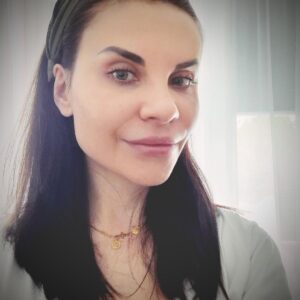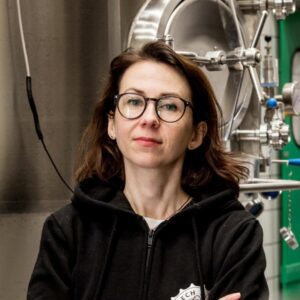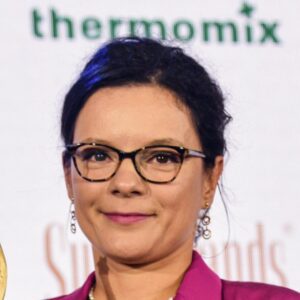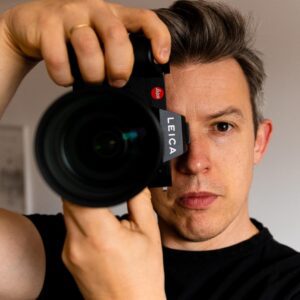Czy w obecnych czasach, kiedy rozwój AI jest błyskawiczny i kilkoma komendami możemy stworzyć wymyślone w głowie zdjęcie. Jak może wyglądać jej przyszłość, biorąc pod uwagę tempo ewolucji technologii i sztuki wizualnej? Odpowiedź na to pytanie znajdziesz poniżej!
Jak to było?
Zanim pojawią się tutaj rozważania na temat przyszłości fotografii, wróćmy do tego, jak wyglądała ewolucja tej sztuki wizualnej do tej pory. Fotografia pojawiła się na początku XIX w., wynaleziono aparat fotograficzny, który pozwalał na uwiecznienie rzeczywistości bez konieczności spędzania godzin nad płótnem i nauki malarstwa. W XX wieku nastąpił ogromny rozwój grafiki – pojawiła się animacja.

fot. Pinterest
Technologia cyfrowa została z nami do tej pory i patrząc na ewolucję sztuki wizualnej, to właśnie w tej dziedzinie trwa największy rozwój. Programy do obróbki zdjęć i montażu filmów pozwalają na coraz więcej opcji tworzenia i edycji, a rozwój sztucznej inteligencji pokazuje, że tych możliwości jest niemal nieskończenie wiele.
Myśląc o tej niezwykle szybkiej ewolucji sztuki pojawia mi się w głowie jedna ważna rzecz – pomimo tych ogromnych zmian i rozwoju, tradycyjne malarstwo nie umarło. I te wszystkie rodzaje sztuki po prostu ze sobą współgrają – chociaż bezwzględnie ta cyfrowa przeważa w dzisiejszych czasach.
Jaka jest przyszłość fotografii?
Wiele osób zastanawia się czy w dobie rozwoju AI, które uczy się szybko i pozwala na tworzenie coraz bardziej realistycznych grafik, które wyglądają jak zdjęcia, fotografia ma w ogóle jakąkolwiek przyszłość. Skoro kilkoma komendami jesteśmy w stanie wygenerować pożądany obraz, to czy wyciąganie aparatu ma w ogóle jakiś sens? Oczywiście!
Po pierwsze, sztuczna inteligencja (przynajmniej jak na razie) czerpie z tego, co zostało już stworzone. Gdyby ludzie przestali tworzyć, w pewnym momencie stałaby się w mojej ocenie mocno powtarzalna.
Po drugie, o ile korzystanie z możliwości, jakie daje AI może znacząco ułatwiać postprodukcję zdjęć, to nie zastąpi całkowicie stylu i charakteru fotografa. Niezależnie od rodzaju fotografii – czy to kulinarna czy portretowa czy krajobrazowa – odbiorcy i klienci szukają w tych utworach stylu danej osoby. Jest on niepowtarzalny i wynika z niesamowitej ilości czynników, których sama nauka sztucznej inteligencji w pełni nie zastąpi.
Po trzecie, w dziedzinie fotografii kulinarnej, na ten moment sztuczna inteligencja nie zastąpi pięknych zdjęć, lokujących produkt danej marki. Wchodzi tu kwestia użycia konkretnych produktów na zdjęciu, praw autorskich itp. Do tego po prostu potrzebny jest fotograf.
Po czwarte, wciąż pozostają na ten moment filmy, które są już nawet bardziej popularne niż fotografia. W nich jeszcze bardziej ceni się styl twórcy, w przypadku videografii kulinarnej lokuje produkty, gra emocjami.
W mojej ocenie nie można traktować rozwoju sztucznej inteligencji jako końca fotografii, a co najwyżej jako ułatwienie dla pracy fotografa. Oczywiście będą pojawiać się „zdjęcia” stworzone przez AI i nie da się już tego całkowicie wyprzeć. Uważam jednak, że jeszcze dość długo będzie to także rozpoznawalne i coraz bardziej cenione będą bardziej realistyczne zdjęcia i filmy. Niewykluczone, że zacznie się doceniać coraz mniej ingerującą w obrazy obróbkę i niekorzystanie z AI będzie odbierane jako bardziej rzeczywiste, prawdziwe.
Prawdą jest jednak, że są to czyste spekulacje. Ewolucja sztucznej inteligencji i jej wykorzystania w sztuce wizualnej jest tak szybka, że jednocześnie całkowicie nieprzewidywalna. Na ten moment sztuczna inteligencja nie zastępuje jeszcze człowieka, ale go wspomaga. Jednak kto wie, czy za kilka czy kilkanaście lat może się okazać, że do robienia zdjęć nie będzie nawet potrzebny aparat czy smartfon. Może specjalne urządzenie w okularach będzie rejestrowało obrazy i automatycznie dokonywało ich selekcji. Tylko czy to nadal byłyby nasze zdjęcia? Myślę, że niezależnie od tempa tego rozwoju świat będzie stawiał na indywidualność i charakter twórcy i sami twórcy będą wciąż czuli potrzebę tworzenia, a nie tylko odtwarzania. Nie jest wykluczone, że po kilkunastu czy kilkudziesięciu latach takiego rozwoju świat zatoczy koło i tradycyjne, klasyczne, może nawet nieobrabiane zdjęcia zaczną być coraz bardziej doceniane, jako te rzadziej spotykane.
Pewne jest tylko to, że zawodowi fotografowie będą musieli nieustannie dostosowywać się do zachodzących zmian. Nie ma sensu walczyć z AI, bo tego rozwoju nie da się już zatrzymać, ale można uczyć się go wykorzystywać – tak, aby ułatwić sobie pracę, nauczyć się nowych umiejętności, ale nie tracić swojej indywidualnej kreatywności. Nie wiem, jak Wy, ale ja nie wyobrażam sobie zrezygnować z uczucia trzymania aparatu w dłoni, patrzenia, jak zmiana parametrów zmienia obraz, który chcę uzyskać – jest w tym coś magicznego, kojącego i myślę, że nie wszyscy będą chcieli z tego zrezygnować.
Podsumowując, fotografię na pewno czekają ogromne zmiany, które będą następowały w bardzo szybkim tempie. Jednak to zawsze twórca będzie decydować, jakiego narzędzia chce użyć do stworzenia swojego utworu i jaki ma być jego końcowy efekt, zaś odbiorca – czego oczekuje.
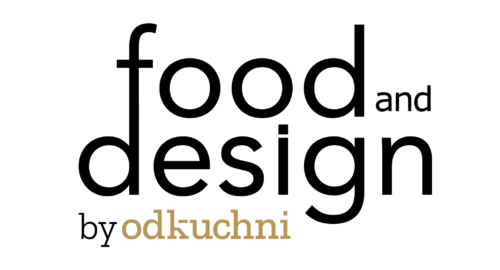
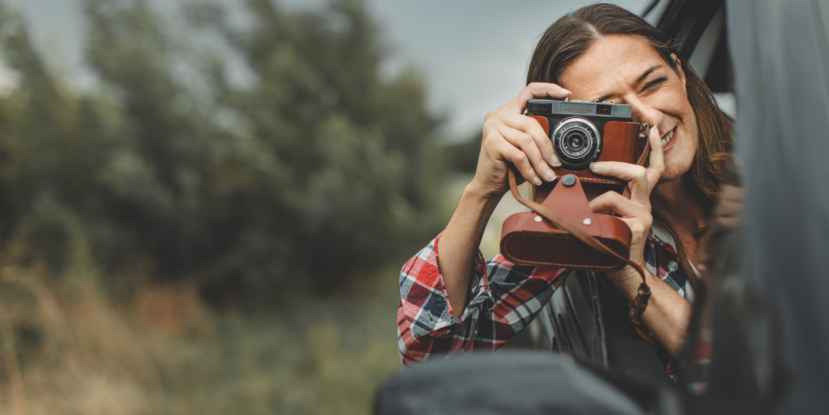
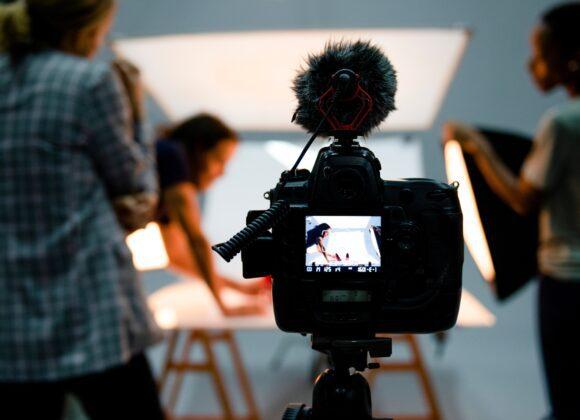
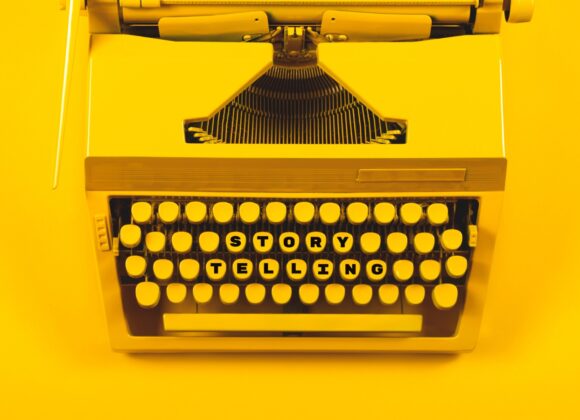
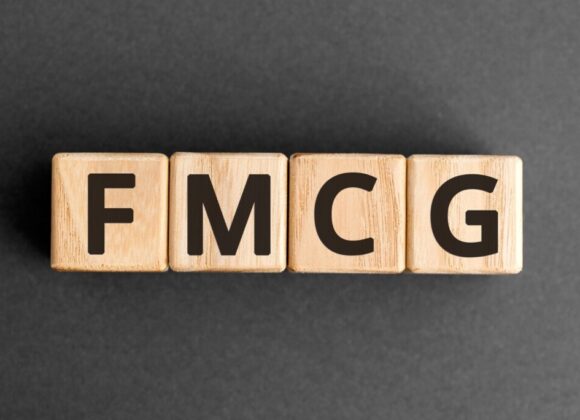
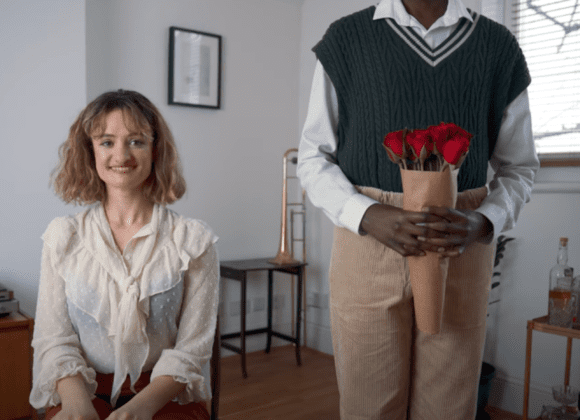
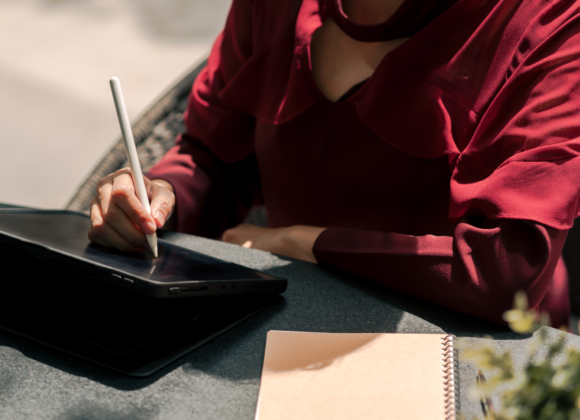
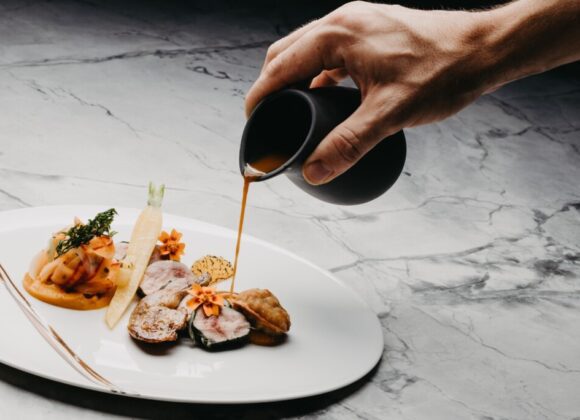


 Młodszy specjalista ds. komunikacji marketingowej i PR.
Młodszy specjalista ds. komunikacji marketingowej i PR.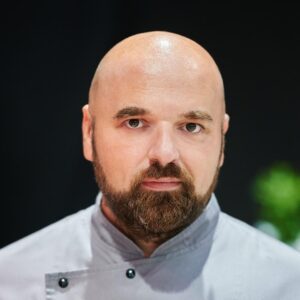


 Absolwent Uniwersytetu Warszawskiego oraz Szkoły Głównej Gospodarstwa Wiejskiego. W branży HoReCa od ponad 10 lat. Przez lata związany z Grupą Trip, Sobienie Królewskie Golf and Country Club oraz restauracją Florentin w Warszawe.
Absolwent Uniwersytetu Warszawskiego oraz Szkoły Głównej Gospodarstwa Wiejskiego. W branży HoReCa od ponad 10 lat. Przez lata związany z Grupą Trip, Sobienie Królewskie Golf and Country Club oraz restauracją Florentin w Warszawe.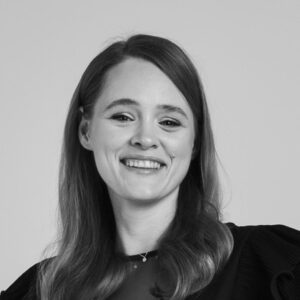 Absolwentka Wydziału Architektury Politechniki Warszawskiej na kierunku Architecture for Society of Knowledge oraz Komunikacji Wizualnej na Politecnico di Milano. Specjalistka od budowania nastroju. Doświadczenie zdobywała w kraju i zagranicą podczas licznych warsztatów międzynarodowych (Sevilla, Lizbona, Florencja), stypendium na La Sapienza (Rzym) oraz pracując m.in. w Carmi e Ubertis i ADM Milano.
Absolwentka Wydziału Architektury Politechniki Warszawskiej na kierunku Architecture for Society of Knowledge oraz Komunikacji Wizualnej na Politecnico di Milano. Specjalistka od budowania nastroju. Doświadczenie zdobywała w kraju i zagranicą podczas licznych warsztatów międzynarodowych (Sevilla, Lizbona, Florencja), stypendium na La Sapienza (Rzym) oraz pracując m.in. w Carmi e Ubertis i ADM Milano.








 Menedżer z wieloletnim doświadczeniem w branżach kosmetycznej, spożywczej, dziecięcej. W trakcie swojej kariery związany z firmami takimi jak: L’Oreal, Samsung, Danone-Nutricia, Unilever. W ciągu swojego życia zawodowego odpowiadał między innymi za rozwój sprzedaży i contentu eCommerce w Polsce i krajach Europy Środkowo-Wschodniej.
Menedżer z wieloletnim doświadczeniem w branżach kosmetycznej, spożywczej, dziecięcej. W trakcie swojej kariery związany z firmami takimi jak: L’Oreal, Samsung, Danone-Nutricia, Unilever. W ciągu swojego życia zawodowego odpowiadał między innymi za rozwój sprzedaży i contentu eCommerce w Polsce i krajach Europy Środkowo-Wschodniej. 

